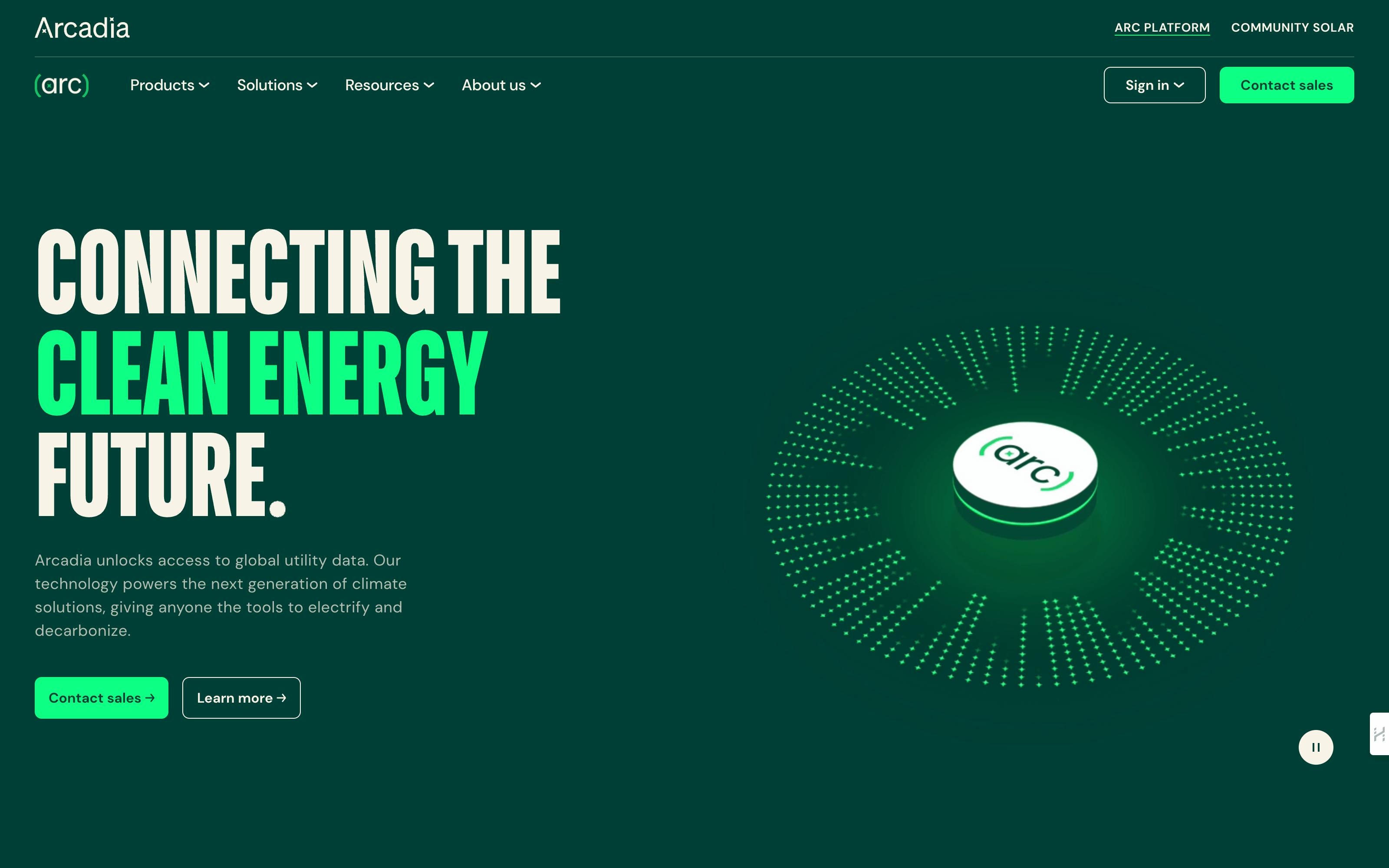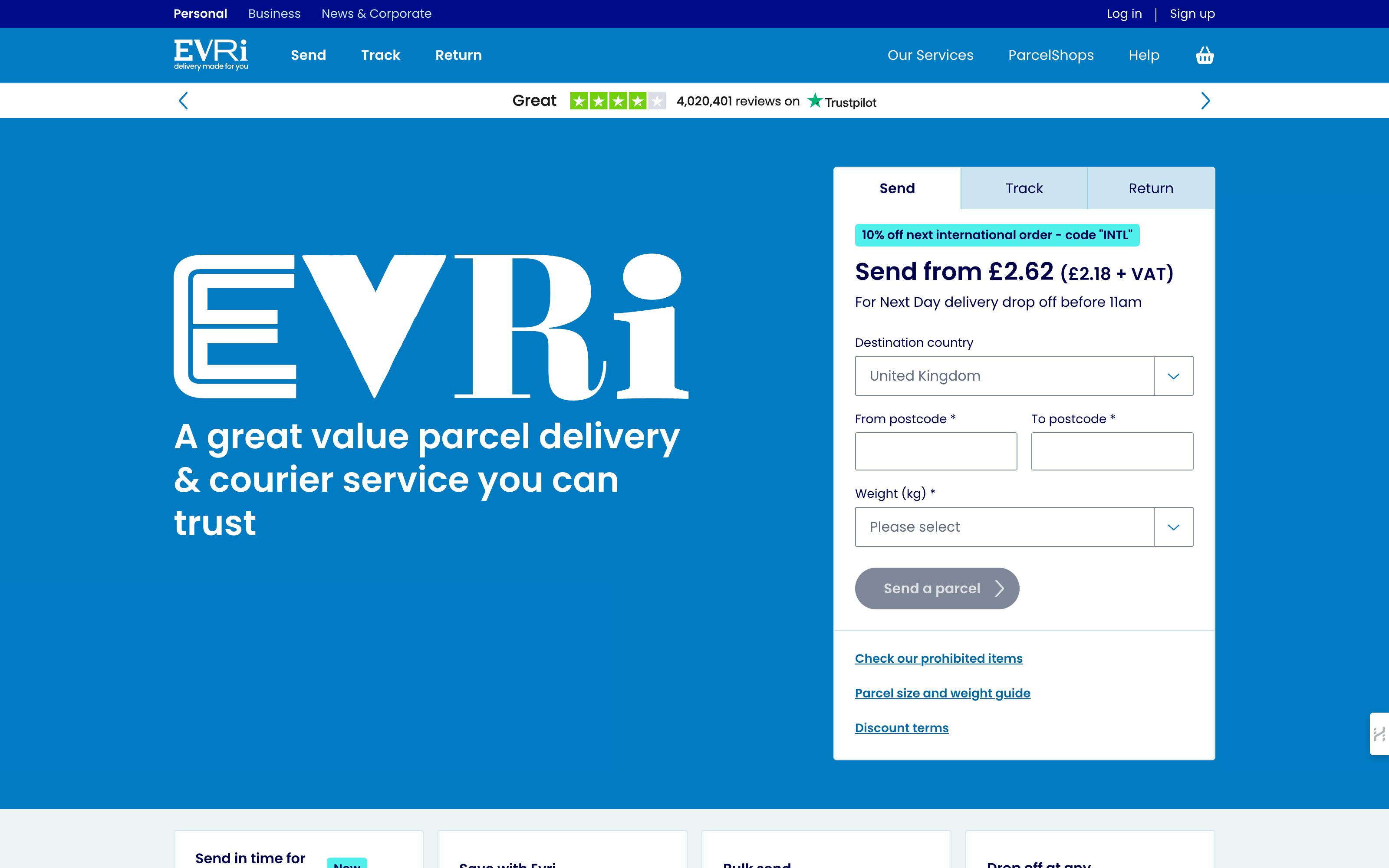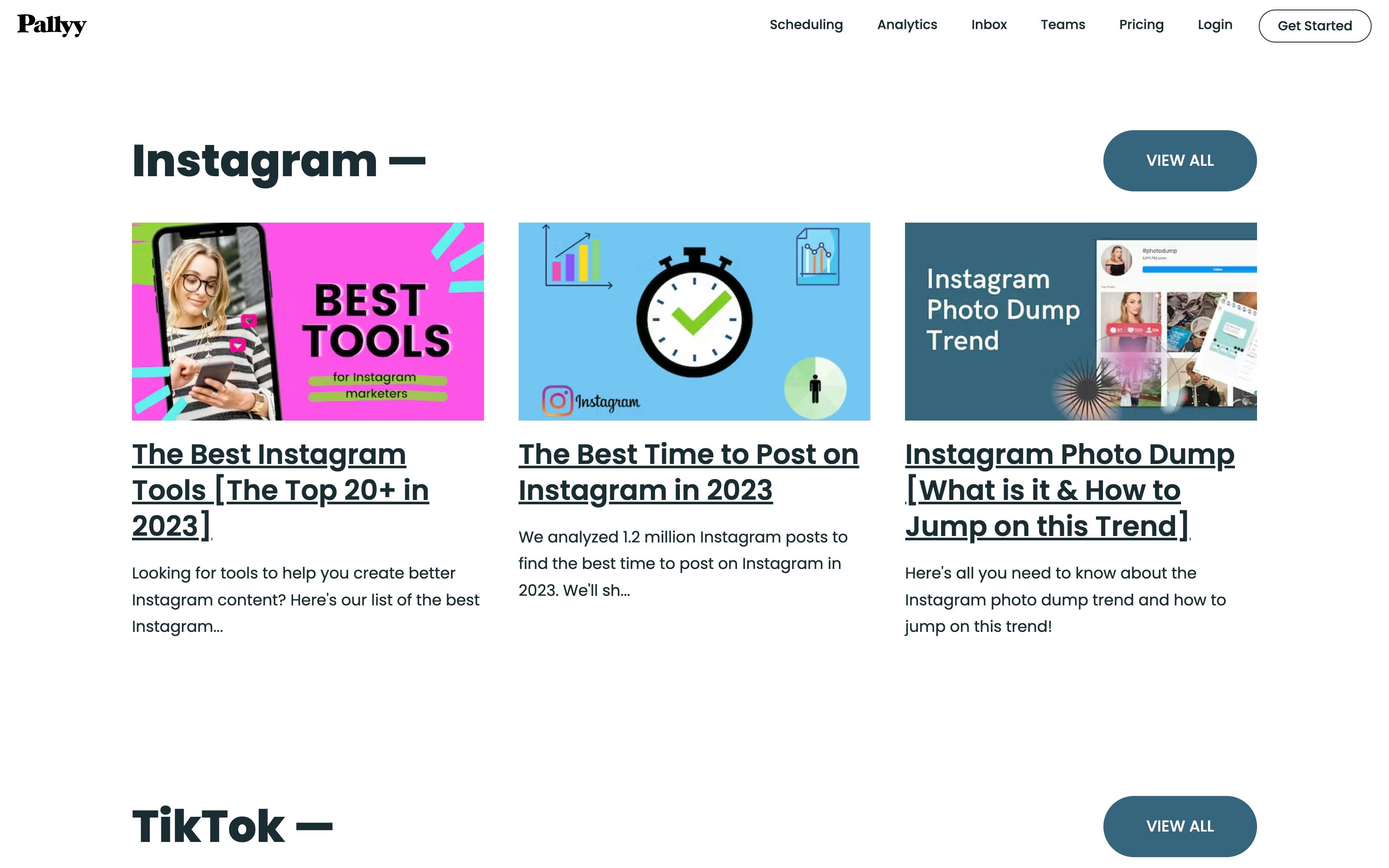Adapted from our interview with Cassidy Williams.
Before I dive into sharing my career in web development and what I’ve learned over the years, let me introduce myself to you. My name is Cassidy Williams, and I’m a software engineer and developer advocate. I love making jokes on the internet, building mechanical keyboards, and I really love helping people get to the best that they can be in their tech careers.
You probably have a story behind the journey that brought you to this article, and an “Aha!” moment that connected you to web development. My moment was when I was walking home from school in eighth grade, and I heard a neighbor say, “Check out my website.”
I thought, “Oh, you could have one of those?” Because I thought websites were just a business thing. I had never even considered that they were a technology that you could just... use.
So I went home and started teaching myself from there. In college, I studied computer science and undertook a variety of internships that set me on a path in tech where I’ve held roles ranging from Software Engineer to Director of Developer Experience.
Along the way, I’ve learned a ton through experience and the amazing communities I’ve been fortunate enough to be a part of, and helping others on similar paths is part of what keeps me going in this industry. So, let’s dive in — I hope that you’ll find something useful for your career by learning about my experiences.
Get out there and network
For my last internship in college, I wanted to go to the Bay Area and network a ton. My goal was to get over 500 connections on LinkedIn and meet as many people as I could. Networking isn’t just a numbers game, but it gave me a goal to go towards! I went to the Grace Hopper Celebration, a massive conference for women in tech, where they had a career fair that connected me with an interview for a position at Intuit for the summer.
While working with the wonderful people there, I went to a hackathon almost every weekend. I went to meetups constantly throughout the week, and I got to meet so many cool people.
Then a couple of the hackathons really changed the trajectory of my career in two important ways. At the first one, I met a woman named Kelly Hoey. I got her business card at the event, and then later I sent her a thank you note.
Then I managed to get a spot at another hackathon, which was on a plane. The idea was that, on a flight from San Francisco to London, we had to make something that would bridge the gap in STEM, and it turned out this woman, Kelly Hoey, was on my team. And the friendship that emerged and grew from there was one of the first things that impacted my career trajectory; to this day, she is a mentor and friend of mine (more on that later).
There were so many cool people on this plane. I met Craig of Craigslist. I got to meet Megan Smith, who ended up being the CTO of the United States. I met executives from GitHub and Intel, and I was truly humbled to be there.
Our team ended up being one of the winners at this hackathon. We got to speak at events in London, and later we were invited to speak at the United Nations, which was very exciting.
By the time I got back to college after that summer, I was ready to look for a job. I kept going to more hackathons while I was in school. Through one of those events, I ended up interacting with Venmo, a popular payments company in the US, getting a job interview, and landing my first position after graduation.
Networking and getting involved in communities played a big role in those opportunities, and they have remained a huge part of my career path and why I love working in tech. You never know who you’ll meet or how they’ll impact you in the long run.
Be intentional about what you want in your career
Figuring out what I wanted to do with my career has definitely been a trial-and-error process, though. As much as I would love to say, “I just really know myself!” ...I don't think I do. But trying different roles has definitely helped me a ton in refining that process.
There's a book that I read recently, Think Again by Adam Grant, and it's all about rethinking your ideas and motives. There's a point in the book where he talks about reassessing your life regularly and having a period every six months where you say, “Is this what I want to be doing? Should I change track?” I kind of did that unintentionally along the way, which made me realize that it's such good advice.
A while ago I started to keep a pros-and-cons list of every job that I've worked for, am currently working for, and that I may work for someday. It's a gigantic spreadsheet that I try to keep updated, where, even if I'm perfectly happy at a job, I will talk about its pros and cons. If there's a potential whisper of a role in the future, I put it on the spreadsheet because sometimes it brings clarity because a con will say, “I think I would probably hate this job.” That's very clear, and that's a good thing.
But being able to be granular and visualizing has been really helpful for me to figure out what I actually want, as well as what I don’t. And I think those are both equally important. You need to know both to be able to figure out which roles you want moving forward and what types of jobs you want to pursue.
There are a wide variety of roles in development, and they all come with their positives and negatives. So it’s important to figure out which ones will really suit you (and where you’ll likely thrive the most).
Establish a personal brand
I think a lot of people think that if they want to establish a personal brand, they need to have logos etc. However, it's not like that, and I think that could end up being very cringey. A key aspect of personal branding is not, “How do I become famous?” It's really just knowing what you want and what you don't want.
If you establish a list of what you want to do, what you’re good at (and what you’re not good at), you learn really important things about yourself. A silly example is: I know that I never want to write C++ again. That language brought me a lot of heartaches, and so I am staying away from it.
I decided to stick to the web thing because I like web development. I think it's neat, and then I also know that I'm fairly decent at it. I leaned in toward the public speaking aspect because I like it. But I also try to stay away from certain types of management roles because I like helping people do well in their jobs, but I don't like other things that can go along with those roles.
Once you understand yourself, your personal brand is just your personality. On the internet, a lot of people think I’m just the girl who makes memes, and that's true. I like memes a lot, but that's not really how it started. A lot of my initial Twitter presence was mostly me retweeting links about JavaScript that I thought were cool. And I would occasionally try to say something funny, but it was just kind of me shouting into the void. Once I started making videos and TikToks, people started paying attention.
That's truly how my online presence started to grow. It's been five years that I've been working on my tech newsletter. But a grand majority of my subscribers came in the past two years, and I’ve learned that consistency is important — sticking to what you know, what you don't know, what you like, what you don't like, and then also just being yourself.
Connect with community
Community has been such a huge part of my career. I can't emphasize enough how wonderful it's been for me. I genuinely think that in any industry, if you have a community, you are more likely to stay in that industry. Having a community that you can reminisce with, that you can celebrate with, that you can vent to is so important and really helpful for growth, as well.
The community that comes to mind that has been most significant for me is a group that I started on a whim with Patreon, where I could offer resume reviews and mock interviews, etc. It's been such a wonderful community where we can play video games together. We can encourage each other on job interviews, help practice certain coding problems, and just hang out on the internet. I've gotten to meet so many wonderful people that I wouldn't have otherwise, made such close friends, and also been able to vent when times are hard.
When times are rough or you’re just not sure what to do about something, having allies in the community is so helpful. I think this is true for everyone, but especially for historically excluded people. It's so important to have a community you can rely on to have your back when you're not sure what to do next.
Stay on Top of New Tools, Frameworks, and More
Research shows that we learn better by doing. Dive into a monthly tutorial with the Optimized Dev Newsletter that helps you decide which new web dev tools are worth adding to your stack.
Let mentorship relationships grow naturally
Another great thing about community is that it’s a great place to meet potential mentors.
I am very against proposing mentorship to someone by saying, “Will you be my mentor?” because it's suddenly saying, “Hey, I just met you and this is crazy, but will you be my mentor now? We have a relationship and I expect this from you.” That's a lot.
It’s better to establish yourself in a community, get to know people, follow up with them, and start asking them questions. And as you start to build that relationship of asking questions, not expecting a certain amount of time from people, and getting to know them a little bit more, mentorship relationships can grow naturally.
For example, Kelly Hoey, who I mentioned earlier, and I got to know each other at those first two hackathons. Then we went to an event together, and in between those times, I occasionally emailed to ask specific questions I knew she would have great input on. As I started asking her questions, she would occasionally say, "Hey, by the way, I need someone to judge this hackathon. Would you like to help out?” Being able to have that kind of give-and-take relationship allowed it to grow.
We have such a close relationship now that she's a person I talk to regularly, and we support each other all the time. It's a great relationship, and I have that with a handful of different people who are awesome, and it's truly from just asking questions and getting to know each other, while never actually asking them to be my mentors.
In communities, I think these relationships build much more naturally. Building them in a group setting is even better because you have that many more resources, that many more perspectives and experiences. You don't necessarily need a one-on-one mentorship relationship. You can have a whole group of people talking to each other and learning from each other and growing with each other.
Being a woman in tech
If you’re a woman in tech, you may be wondering what my experience has been. Being in the industry as a woman has its pros and cons. Sometimes there are more of one than the other, and I will say when I first went into tech, I didn't actually know that there was a gender or diversity gap of any kind.
I went to a pretty diverse school in the Chicago area, and I just didn't know. And then when I went to my first AP computer science class, the teacher started with, "As you can see, we have a girl this year.” And that’s when I understood that this would be a part of my experience.
I've been able to make some amazing relationships with other women and non-binary people in the industry, because we're just like, “There's not many of us; let's stick together.” Being involved with groups like Latinas in Computing and other communities of women has been so helpful to me because it helps me remember that I'm not alone, but also allows me to help and encourage others.
There have been times when I'm talking to someone, and because we know what it's like to be the only one in the room or one of two in the room, we can help each other out. Sometimes people approach me and say, “Hey, just so you know, you saying this made me know that it's okay to stay in tech, and it'll be fine.” That keeps me going because there have been difficult times that made me question staying in the industry. At times, it's been me or a friend or my sister getting harassed — people who I care about deeply dealing with awful things in the workplace — and I felt very powerless.
But if I can be of any help to anybody in this industry, even if it's just being a smiling face making a poop joke on the internet, I will do it because there's so much opportunity. So many people I know have been able to turn their lives around completely because of this industry. If I can help make it even just a little bit better for those people, I will, and that’s why I've stuck around.
Final Thoughts on Building a Career in Web Development
Mark Twain once said, "Comparison is the death of joy,” and I don't want you to necessarily compare your journey to mine because it's different. Instead, I hope that you can take from my experiences and find some advice that might be useful for you.
There's this one quote that's my favorite from Helen Keller. "One can never consent to creep when one feels an impulse to soar.” It's one of my favorite quotes because when you find that thing that makes you want to soar, to do really well in your career, it's really exciting. And so I hope you can take some of the advice that I've given and run with it to soar on your own.






